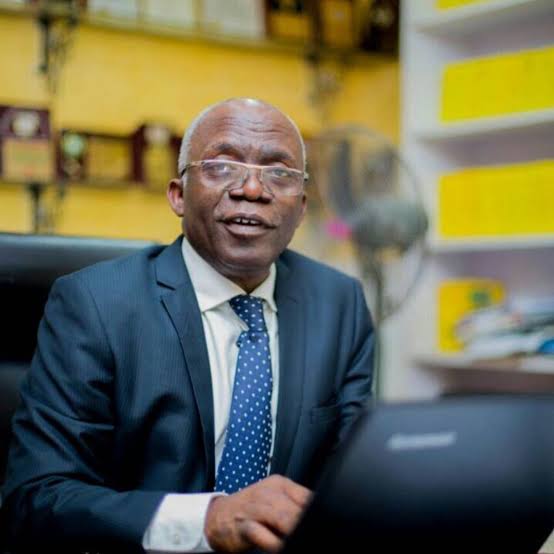Femi Falana, an activist-lawyer, explains why the Nigerian Association of Medical and Dental Academics (NAMDA) and Congress of Nigerian University Academics (CONUA), two newly formed academic unions, are unlawful.
In an interview with the Arise TV program “Newsday” on Wednesday, October 5, Falana provided a legal viewpoint on the dispute between the Academic Staff Union of Universities (ASUU) and the Federal Government.
The well-known attorney also examined the results of floating the new academic unions.
“Under the current Labour Law regime in Nigeria, you cannot have two unions or three unions in the same sector.
“In other words, within the academia in Nigeria, there can only be one registered trade union, that is, ASUU, registered pursuant to the Trade Union Act, as amended.
“We are going to have a mushrooming of trade unions, which threatens industrial peace in the country. We cannot have two unions in the university; neither can we have two unions in other unions in the country. Politically, it won’t work,” he said.
Falana also described the registration of the new unions as illegal and a desperate measure by the government to break the strike.
He said: “Government has tried various measures, but the latest one is perhaps going to embarrass the government because it is an illegal exercise and won’t work. ASUU is today one of the most organised and united trade unions in Africa.”
The lawyer urged the government to return to the negotiation table and ensure that proper advice is sought to avoid exposing the country to ridicule.
Meanwhile, Prof. Attahiru Jega, a former Chairman, Independent National Electoral Commission (INEC), on Tuesday, October 4, 2022 said that no nation developed without adequate and appropriate investment in education sector.
Jega stated this in his keynote address at the 4th National Summit on Diminishing Corruption in the Public Sector.
The event had the theme: ‘Corruption and the Education Sector’ on Tuesday in Abuja.
The event was organised by the Independent Corrupt Practices and Other Related Offences Commission (ICPC). It was hosted in collaboration with the Office of the Federation (OSGF) and Joint Admissions and Matriculation Board (JAMB).
He said the Nigerian education sector had suffered neglect, underfunded which led to a crisis; compounded by the impact of corruption both from within the education sector itself and from the wider public sector.










